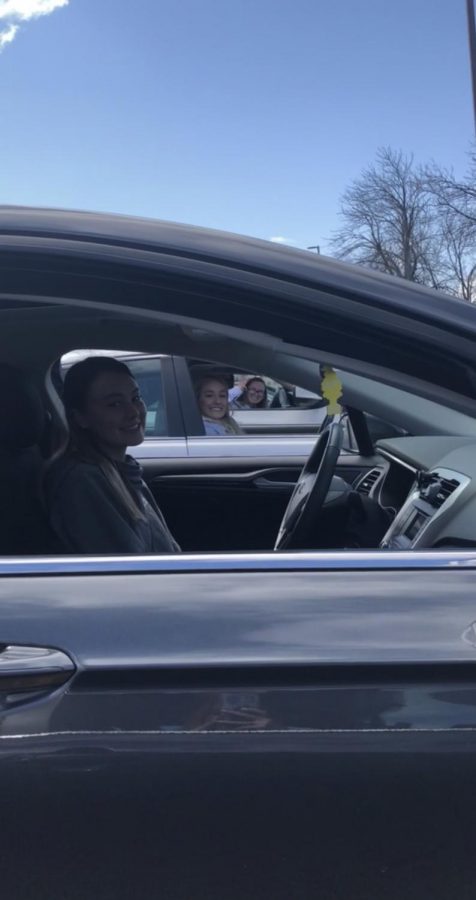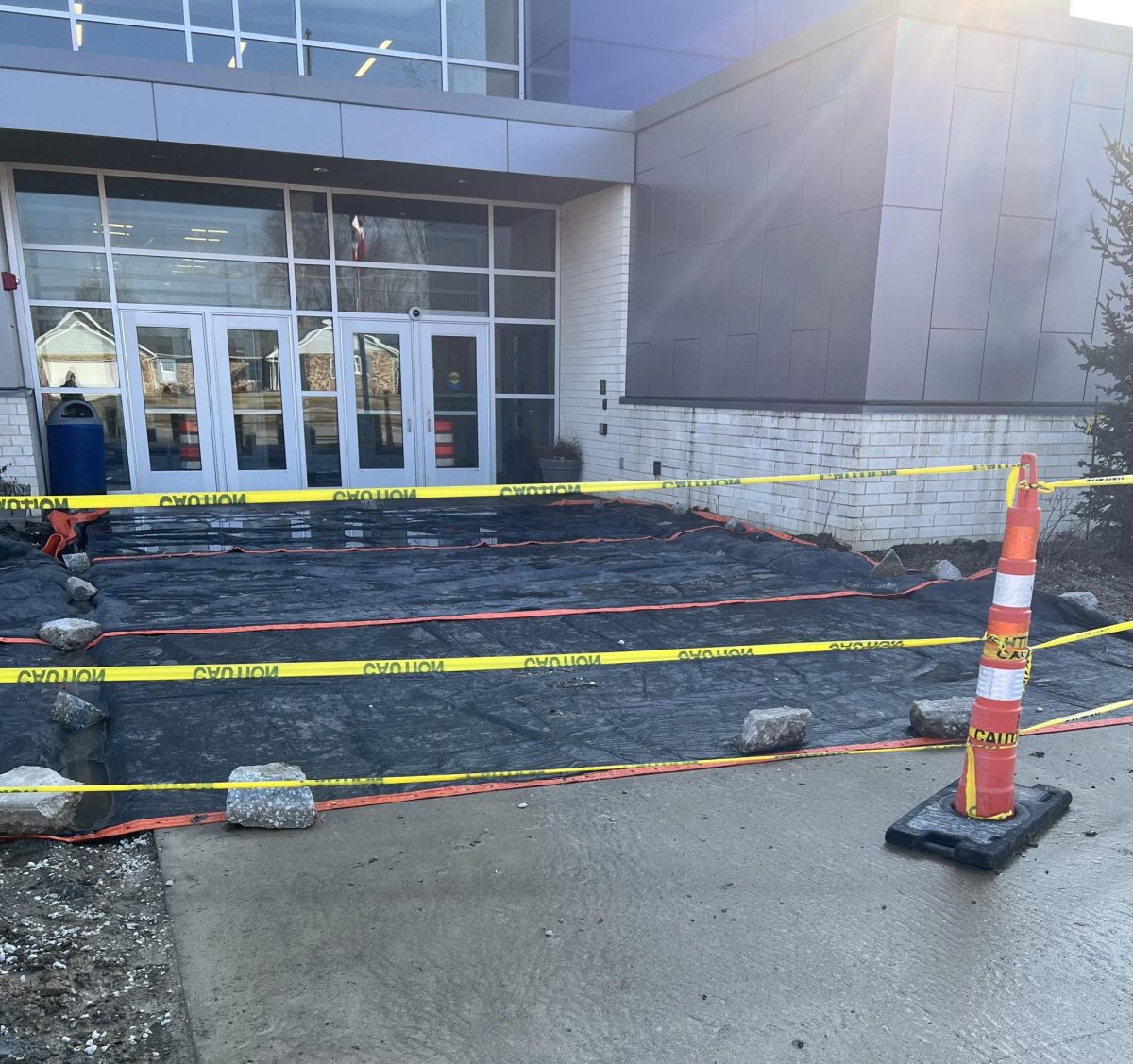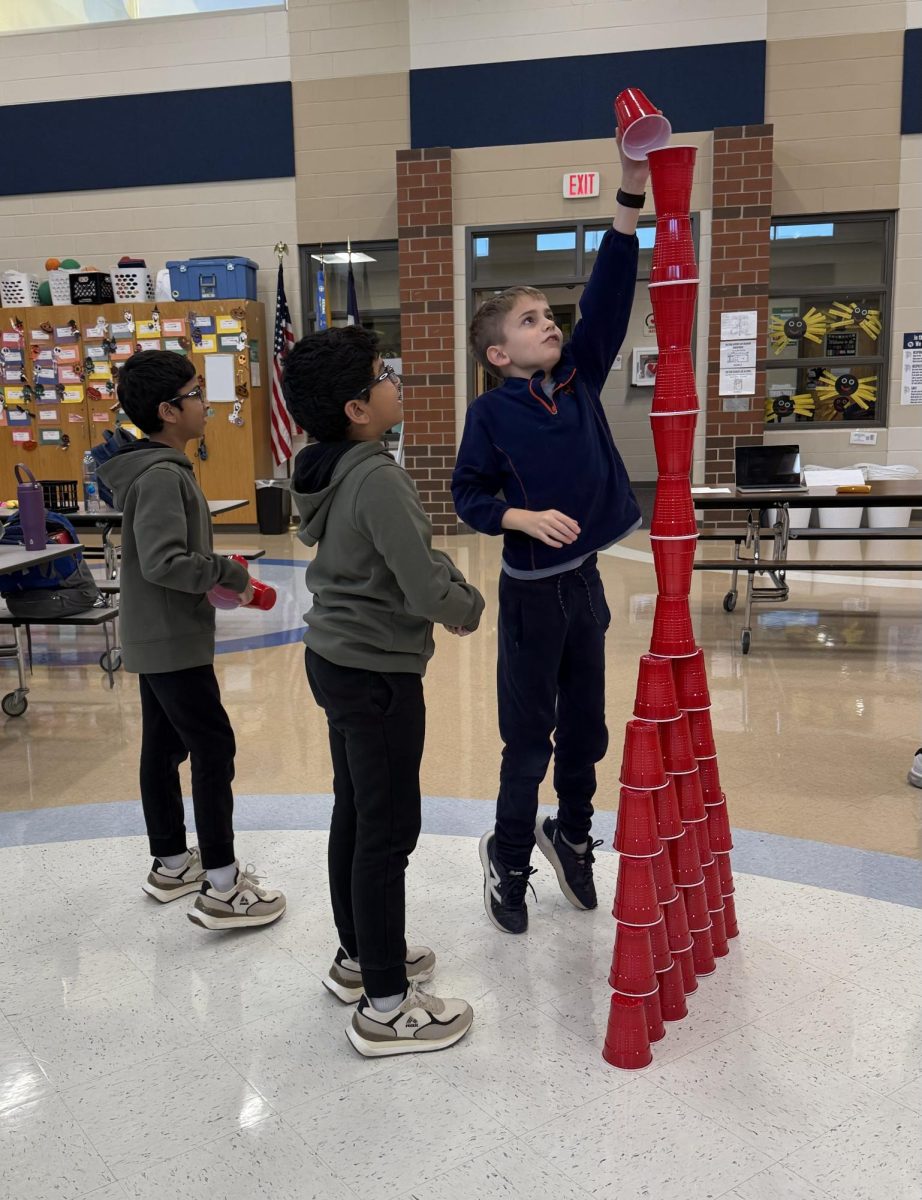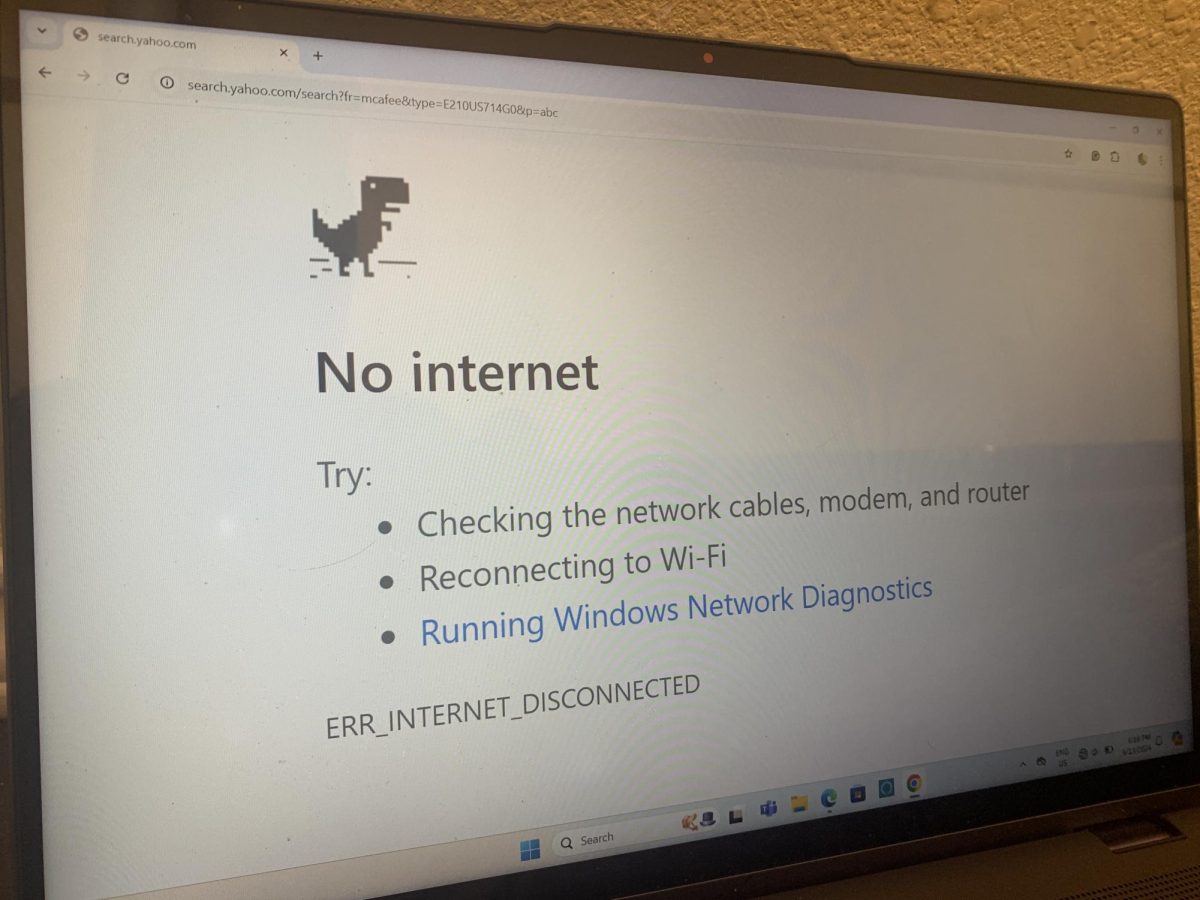Empty streets, closed businesses and lost jobs are just a few of the side effects to the subsequent lockdown during the coronavirus pandemic. Social distancing has been the mantra of governments and health organizations around the world, but some scientists are speculating that it may have been the wrong idea.
With the amount of cases still increasing, researchers are scrambling to find new ways to prevent the spread of the virus. The World Health Organization recently released a statement saying, “The coronavirus pandemic is ‘accelerating’ across the world, and physical distancing measures are not enough to stop the spread.”
The Facebook page “Whole Child Pediatrics” is a Chicago-based clinic that has been posting periodic advice on how to best cope with COVID-19. A recent post states, “The most important thing you can do right now is get your body in the best shape of your life so your defenses are strong when you get exposed. I think eventually, we will all have to build natural immunity.”
Although getting into shape is important, not everyone can achieve this goal. The best alternative to exercise is to stay inside and eat as clean and healthy as possible. This way, people are building up their immune systems, protecting their overall physical health.
This viewpoint has been causing much debate and questioning in the science world.
Senior Lauren Steinhart has been an avid social distancer, staying away from friends and extended family for nearly two months. “I just recently watched a video of a doctor explaining why social distancing won’t help the spread of COVID no matter what based on statistics,” she explained. “I totally believe him because our world is built around immunity, so when we’re staying at home, we’re just losing that immunity to COVID.”
An article from healthline.com explains the concept of “herd immunity”. “When a large percentage of the population becomes immune to a disease, the spread of that disease slows down or stops,” the article states.
It also goes on to give statistics on how herd immunity goes into effect, explaining that the disease prevention occurs when at least 40 percent of the population becomes immune through either vaccination, contraction of the illness or a built up natural immunity due to exposure.
Although some people are hearing about the new viewpoint on immunity, the information has yet to be widespread. The possible problems of social distancing is new news to Senior Ella Rekow. “I think it’s hard to know what the current right thing to do is. With the information we had, it seemed right, but now new information is coming out,” she said.
“If it [social distancing] helps protect some people, I think it’s worth it, but it’s so hard to know what to do when nothing like this has happened before,” Rekow continued.
As for now, citizens should continue to follow the guidance of the government’s social distancing recommendations. Only time will tell if that was the right line of action in the battle with coronavirus.















